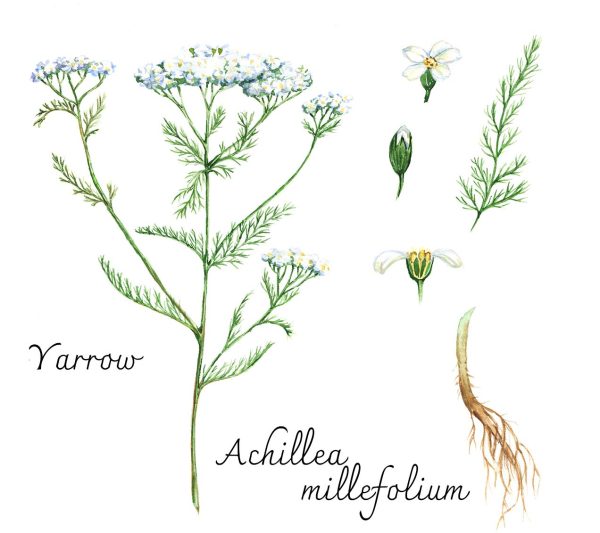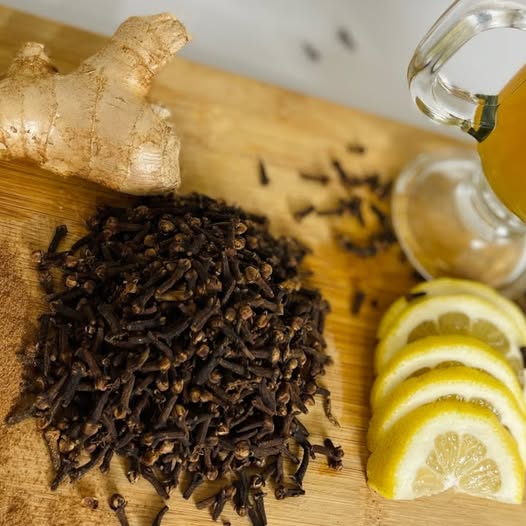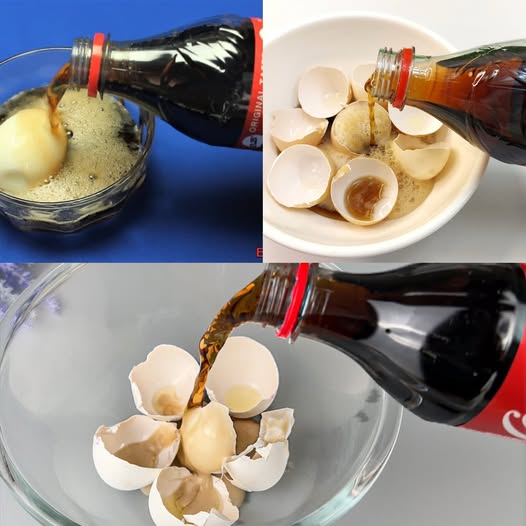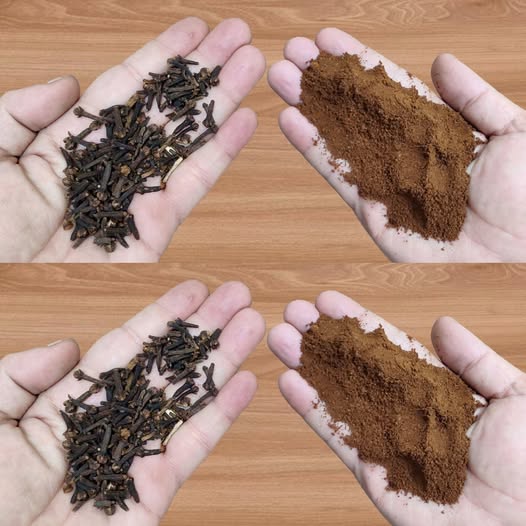
Yarrow (Achillea millefolium) is a remarkable plant that has been used for centuries in traditional medicine due to its powerful healing properties. Known for its delicate, feathery leaves and clusters of small, white or pink flowers, yarrow blooms all summer long and is a must-have in any herbal medicine cabinet. Here’s why yarrow is considered a powerful plant for both first and last aid, and how you can use it effectively.
Why Yarrow is So Powerful
Yarrow is known for its wide range of medicinal uses, including wound healing, reducing inflammation, and relieving pain. Its versatility makes it valuable in both emergency first aid and long-term health support.
Key Benefits of Yarrow
-
Wound Healing
Why It Helps: Yarrow is famous for its ability to stop bleeding and promote the healing of cuts and wounds. It contains compounds like tannins and alkaloids that help constrict blood vessels and speed up the clotting process.
How to Use:
-
Fresh Leaves: Crush fresh yarrow leaves and apply them directly to a wound to stop bleeding.
-
Poultice: Make a poultice by crushing fresh or dried yarrow leaves and mixing with a small amount of water. Apply the poultice to cuts, scrapes, or burns.
-
Yarrow Powder: Dry and grind yarrow leaves into a powder. Sprinkle the powder on wounds to help stop bleeding and prevent infection.
-
-
Anti-Inflammatory and Pain Relief
Why It Helps: Yarrow contains anti-inflammatory compounds that help reduce swelling and pain. It can be used to treat muscle aches, joint pain, and other inflammatory conditions.
How to Use:
-
Yarrow Tea: Brew yarrow tea by steeping 1-2 teaspoons of dried yarrow in hot water for 10-15 minutes. Drink the tea to reduce inflammation and relieve pain from conditions like arthritis or menstrual cramps.
-
Yarrow Oil: Infuse yarrow leaves and flowers in a carrier oil (like olive oil) for a few weeks to create a soothing massage oil for sore muscles and joints.
-
-
Fever Reduction
Why It Helps: Yarrow is known as a diaphoretic, meaning it promotes sweating. This can help break a fever naturally by encouraging the body to cool down.
How to Use:
-
Yarrow Tea: Drink yarrow tea to help reduce fever. For best results, combine it with other fever-reducing herbs like peppermint or elderflower.
-
-
Digestive Aid
Why It Helps: Yarrow has been traditionally used to treat digestive issues such as indigestion, bloating, and cramps. It stimulates digestive juices and bile production, aiding in the breakdown of food.
How to Use:
-
Yarrow Tea: Drink yarrow tea before meals to stimulate digestion and prevent bloating.
-
Yarrow Tincture: Take a few drops of yarrow tincture in water to relieve digestive discomfort.
-
-
Respiratory Health
Why It Helps: Yarrow has expectorant properties, making it useful in treating respiratory conditions like colds, coughs, and bronchitis. It helps clear mucus and soothe inflamed airways.
How to Use:
-
Yarrow Steam Inhalation: Add a handful of yarrow leaves to a bowl of hot water. Lean over the bowl, cover your head with a towel, and inhale the steam to help clear congestion and ease breathing.
-
Yarrow Tea: Drink yarrow tea to relieve coughs and respiratory discomfort.
-
-
Menstrual Relief
Why It Helps: Yarrow can help regulate menstrual cycles, reduce heavy bleeding, and relieve menstrual cramps due to its ability to balance hormones and improve circulation.
How to Use:
-
Yarrow Tea: Drink yarrow tea in the days leading up to and during your menstrual cycle to ease symptoms and promote regularity.
-
Yarrow Infusion: Soak a cloth in yarrow tea and place it over the lower abdomen to relieve cramps.
-
How to Harvest and Prepare Yarrow
-
Harvesting: Yarrow can be harvested throughout the summer when it’s in full bloom. Cut the stems above the ground, and gather both the leaves and flowers for medicinal use.
-
Drying: Hang the yarrow upside down in small bundles in a cool, dry place away from direct sunlight. Once dried, store the leaves and flowers in airtight containers.
-
Tinctures and Infusions: Yarrow can be made into tinctures, oils, and infusions to be stored and used throughout the year.
Precautions
-
Allergic Reactions: Some people may have allergic reactions to yarrow, especially those allergic to plants in the Asteraceae family (like ragweed). Always test on a small area first.
-
Pregnancy and Nursing: Yarrow should be used with caution during pregnancy and breastfeeding. Consult with a healthcare provider before use.
Conclusion
Yarrow is a powerful, versatile plant that can be used for both first aid and long-term health support. From wound healing to digestive aid, this plant offers a wide range of benefits that make it an invaluable addition to your herbal medicine cabinet. Whether you’re dealing with a minor cut or looking to improve your overall health, yarrow is a natural remedy worth considering.



